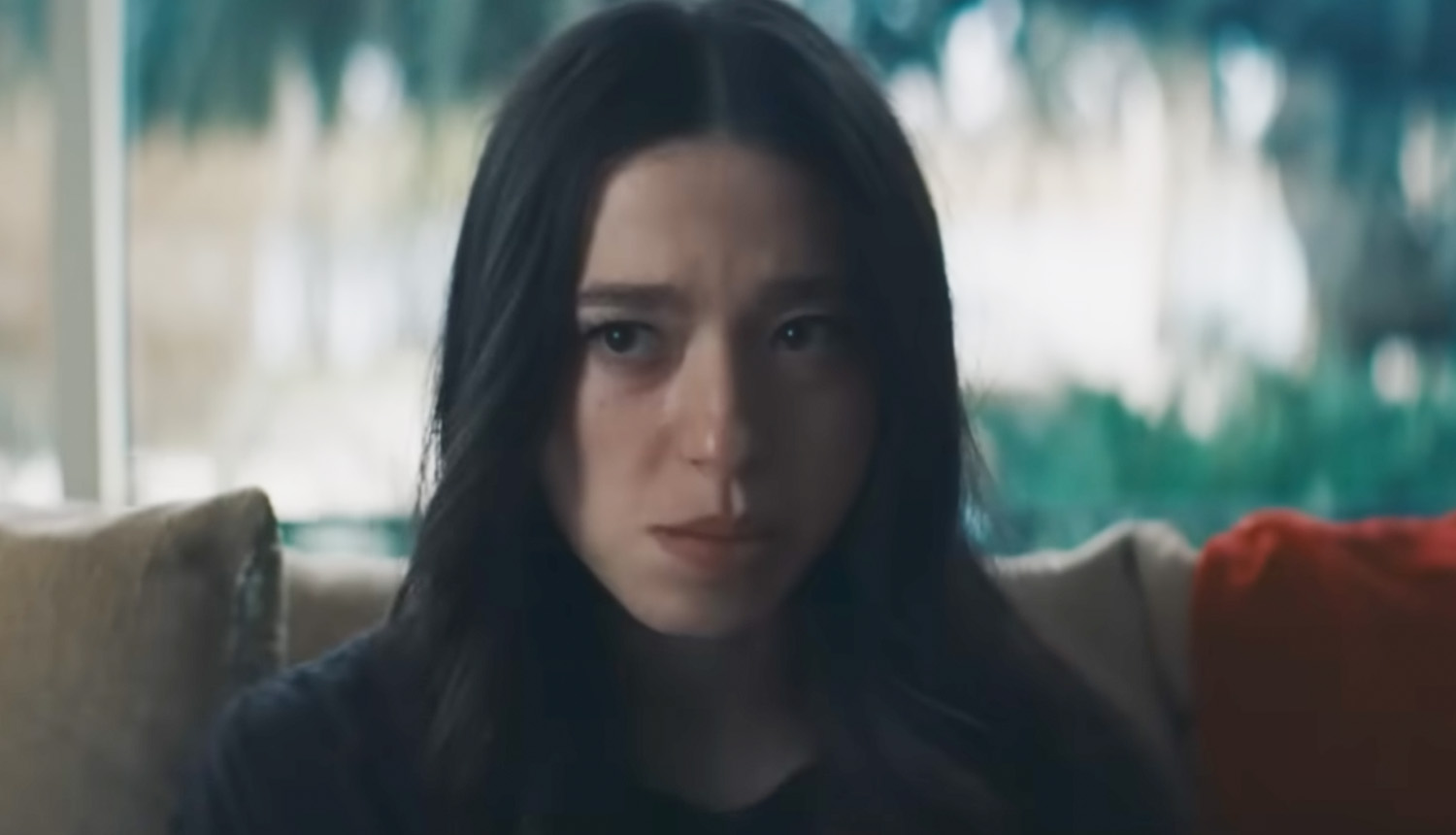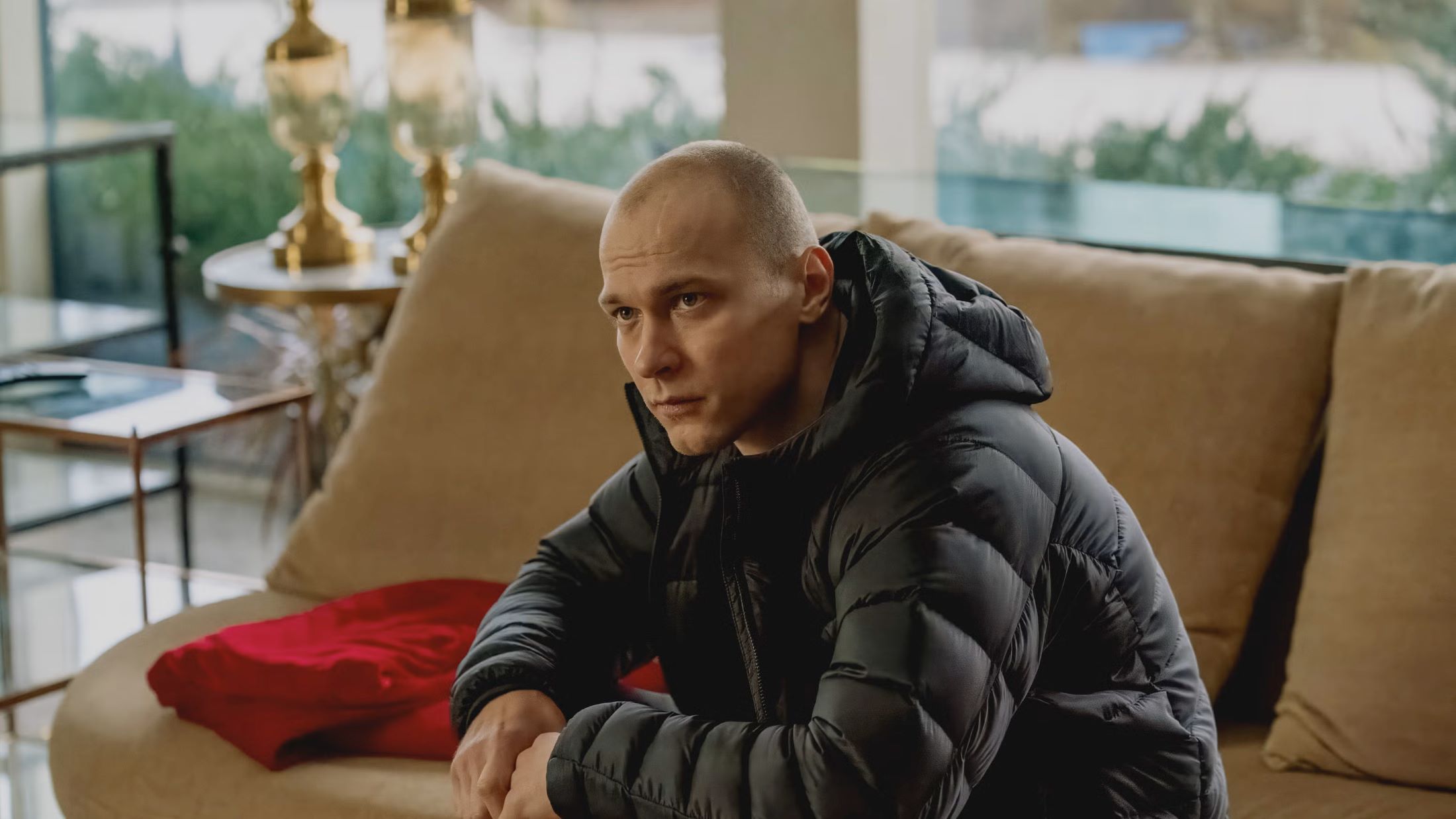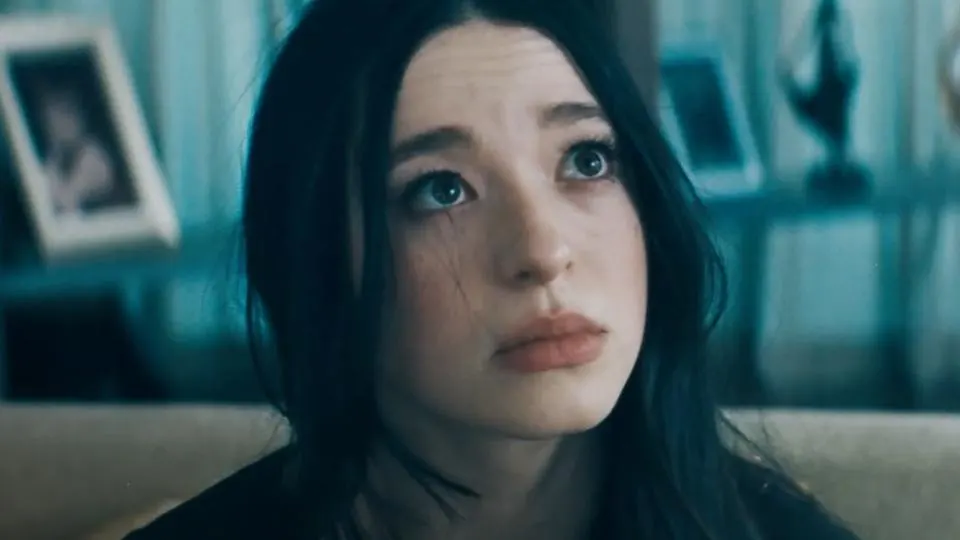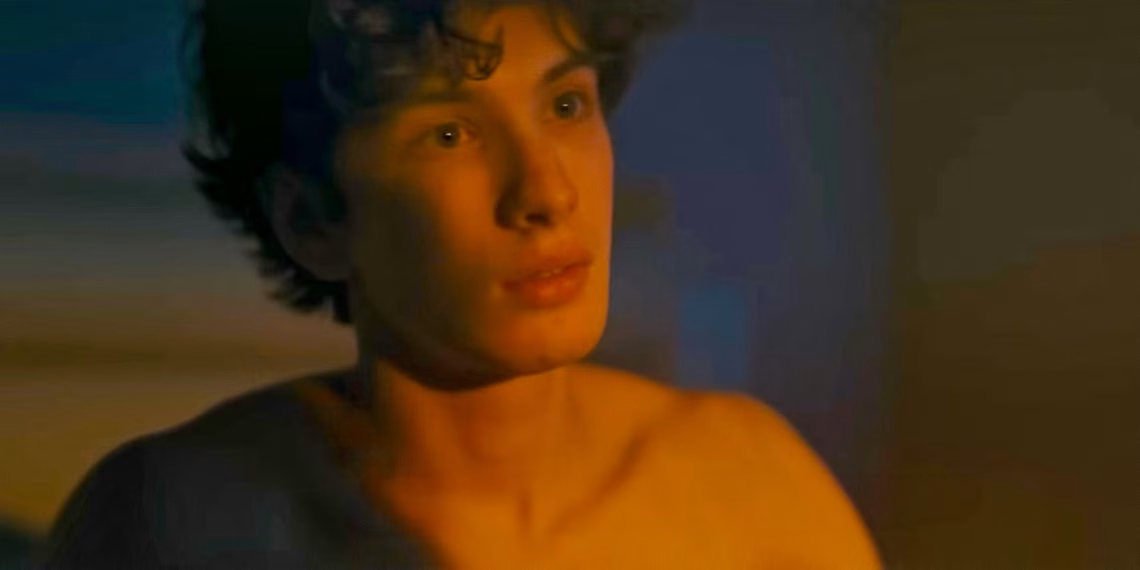Sean Baker’s Anora draws inspiration from the pace of Uncut Gems while echoing Pretty Woman, yet the film’s finale is a stark contrast, marked by stillness and silence. The plot centers around Ani (Mikey Madison), a woman caught in a whirlwind marriage to Vanya, the son of a Russian oligarch. Their relationship begins with excitement, but it quickly escalates into chaos. From being pursued across New York City by the oligarch’s employees to flying to Las Vegas to annul the marriage at Vanya’s family’s command, Ani is trapped in a tumultuous journey. By the end of the film, she finds herself on a ride home in a beat-up car, driven by one of the family’s henchmen, Igor (played by Yura Borisov).
In the final moments, Igor stops the car outside Ani’s apartment, handing her the wedding ring she was forced to give up. Their relationship takes a complicated turn as Ani climbs on top of him, but she refuses his kiss. Instead, she breaks down in tears. The film ends with this quiet, emotional exchange without any dialogue or music, creating a powerful contrast to the chaos that came before. The silence in the final scene is intentional and marks a significant departure from the rest of the film’s frantic energy. This open-ended conclusion has left viewers with many questions about Ani’s state of mind.
Anora Movie Ending Explained
Director and writer Sean Baker explained in an interview that he purposely left the film’s ending up to interpretation. He refrained from sharing his personal thoughts on the scene because he didn’t want to influence how audiences would interpret it. He emphasized that revealing his perspective would diminish the meaning he intended for the conclusion. According to Baker, both he and Mikey Madison (the actress who portrayed Ani) agreed early on that discussing Ani’s mindset in the final moments would be a disservice to the character. They avoided using music, dialogue, or an epilogue to manipulate the audience’s emotions, leaving the final scene stripped down to its rawest form.

Baker elaborated on the creative process behind the ending, noting that he always ensures he has a clear vision of how a story will conclude before writing a screenplay. From the outset, he knew that Ani and Igor would develop a connection by the end of the film. When revisiting the first draft of the script, he found that the ending had remained largely unchanged. The main difference between the early draft and the final version was the inclusion of small talk in the last shot, which was eventually scrapped during rehearsals. Baker explained that the dialogue detracted from the moment’s power, and in collaboration with Mikey, they realized the scene would be far more impactful without any words.
In the final scene, Ani and Igor have a quiet moment of non-verbal communication. This choice, according to Baker, highlighted one of the few times in the film when Ani is truly heard. By omitting dialogue, the filmmakers allowed the silence to speak for itself, making this moment one of the most significant exchanges between Ani and another character.
The Reception of the Ending by Sex Workers
Baker’s choice to consult with sex workers during the script’s development is significant, and several individuals with experience in the field have shared their perspectives on whether the film, particularly its ending, rings true. Kaytlin Bailey, host of The Oldest Profession Podcast and founder of the non-profit organization Old Pros, praised the film’s closing moments. She found the silence at the end to be a beautiful and poignant choice, allowing the audience to fill in the emotional gaps. According to Bailey, the silence underscores Ani’s growth throughout the film, as she shifts from a person who is constantly speaking and advocating for herself to one who simply exists in a moment of vulnerability.

Bailey explained that Ani’s character has been vocal and assertive throughout the film, constantly engaging in arguments and challenges. However, in the final scene, there’s no need for words. When Ani and Igor first encounter one another, Igor is shown restraining Ani, but by the film’s end, he provides her with something she has never received before—space for her to be vulnerable. Bailey viewed this as a powerful shift in their dynamic, with Igor offering a silent form of support that allows Ani to break down and express herself in an intimate, unspoken way. This act of holding space for Ani, according to Bailey, makes the ending resonate on a deep emotional level.
Different Perspectives from Sex Work Professionals
Not all sex workers agree with how Anora portrays its characters, particularly Ani’s character arc. Reese Piper, a writer and stripper who has contributed to Mashable, shared a contrasting view on the film’s portrayal of Ani. Piper struggled to believe Ani’s quick transition from a sex worker to a woman swept up in the fantasy of a marriage to a wealthy client. Piper felt that the film never truly explored Ani’s professional persona, which she believed was essential to understanding her character. Sex workers often adopt a “mask” when interacting with clients, yet the film never depicted Ani wearing one. This omission left Piper questioning how Ani could so quickly fall for Vanya without the audience understanding her motivations or the internal barriers she might have built to protect herself.
Furthermore, Piper questioned whether the final scene portrayed Ani as reaching for her “sexualized self,” perhaps a version of herself she uses to cope with pain. When Igor continued to reach for intimacy, Ani’s breakdown seemed out of place to Piper, who felt that the film didn’t adequately set up this emotional turn. The absence of any exploration of Ani’s professional life left the ending feeling incomplete and disconnected for some viewers, particularly those familiar with the complexities of sex work.

Piper’s take highlights the fact that Anora’s ending is ambiguous and subject to the interpretation of each viewer. While some appreciated the subtlety and non-verbal nature of the final scene, others, especially those familiar with the realities of sex work, found it lacking in depth. The film’s refusal to provide explicit insights into Ani’s inner thoughts left many grappling with what the ending meant for her character’s emotional journey. As Baker mentioned in his interview, the lack of clarity is purposeful, giving each audience member the freedom to take away their own interpretation based on what they have experienced in the film.
The Open Interpretation of Ani’s Story
In the end, Anora’s final moments resonate differently for each viewer. While some appreciate the film’s subtlety and quiet emotional release, others feel that the ending fails to fully explain Ani’s internal transformation. The film’s choice to leave the audience to interpret Ani’s mindset speaks to the larger themes of the film—control, vulnerability, and emotional survival in a world where words and actions can be distorted by power dynamics. Sean Baker’s deliberate choice to keep the ending open-ended ensures that Anora stays with the viewer long after the credits roll, leaving room for reflection on the complexities of the characters’ lives and the choices they make.





